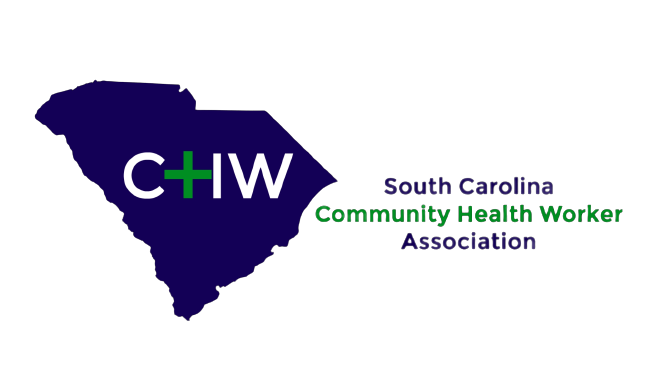Community Health Worker Navigation for Patients With Cancer: It Is Time to Scale up
Community Health Worker Navigation for Patients With Cancer: It Is Time to Scale up
Cancer negatively affects health-related quality of life (QOL). The diagnosis itself is associated with fear and anxiety. Interactions with the health care team are often uncoordinated and confusing. Communication often fails so that there is discordance between provider intent and patient comprehension. Cancer treatment can result in physical burdens and side effects, time toxicity associated with treatments and procedures, financial toxicity related to medical expenses and income reduction, and emotional challenges as the ability to maintain personal and familial responsibilities is diminished. Furthermore, when physical symptoms or social stressors progress beyond a patients' coping ability, she or he may turn to emergency departments for relief, where about 70% of the time they will be admitted to the hospital (three times higher than the noncancer population).1 In the inpatient environment, personal autonomy may be subjugated by rigid hospital systems and schedules, further harming QOL. Near the end of life, acute care drives up cost, too often with little or no clinical benefit. Interventions that break this cycle are critically needed.
Click Here to Read the full article and accompanying studies.
